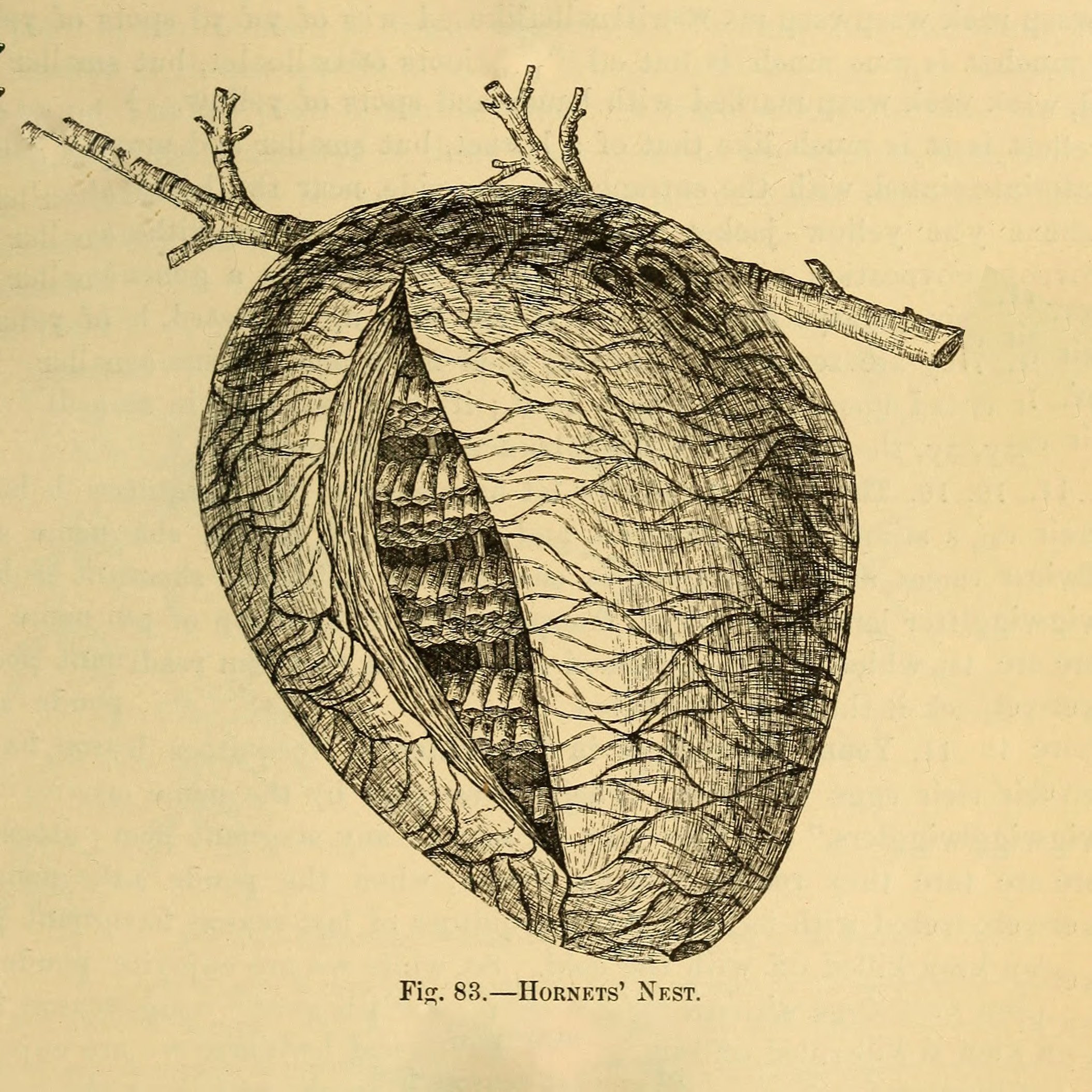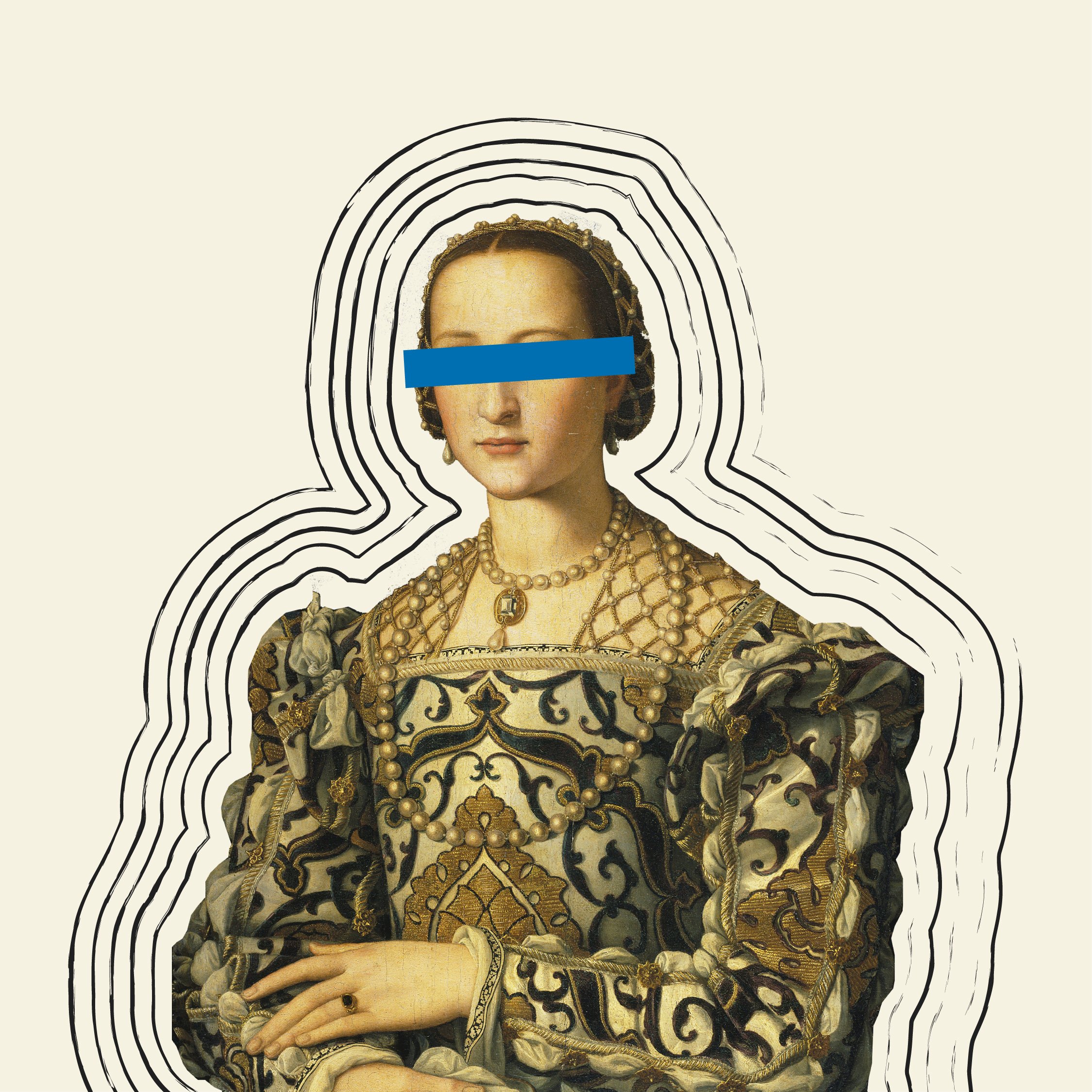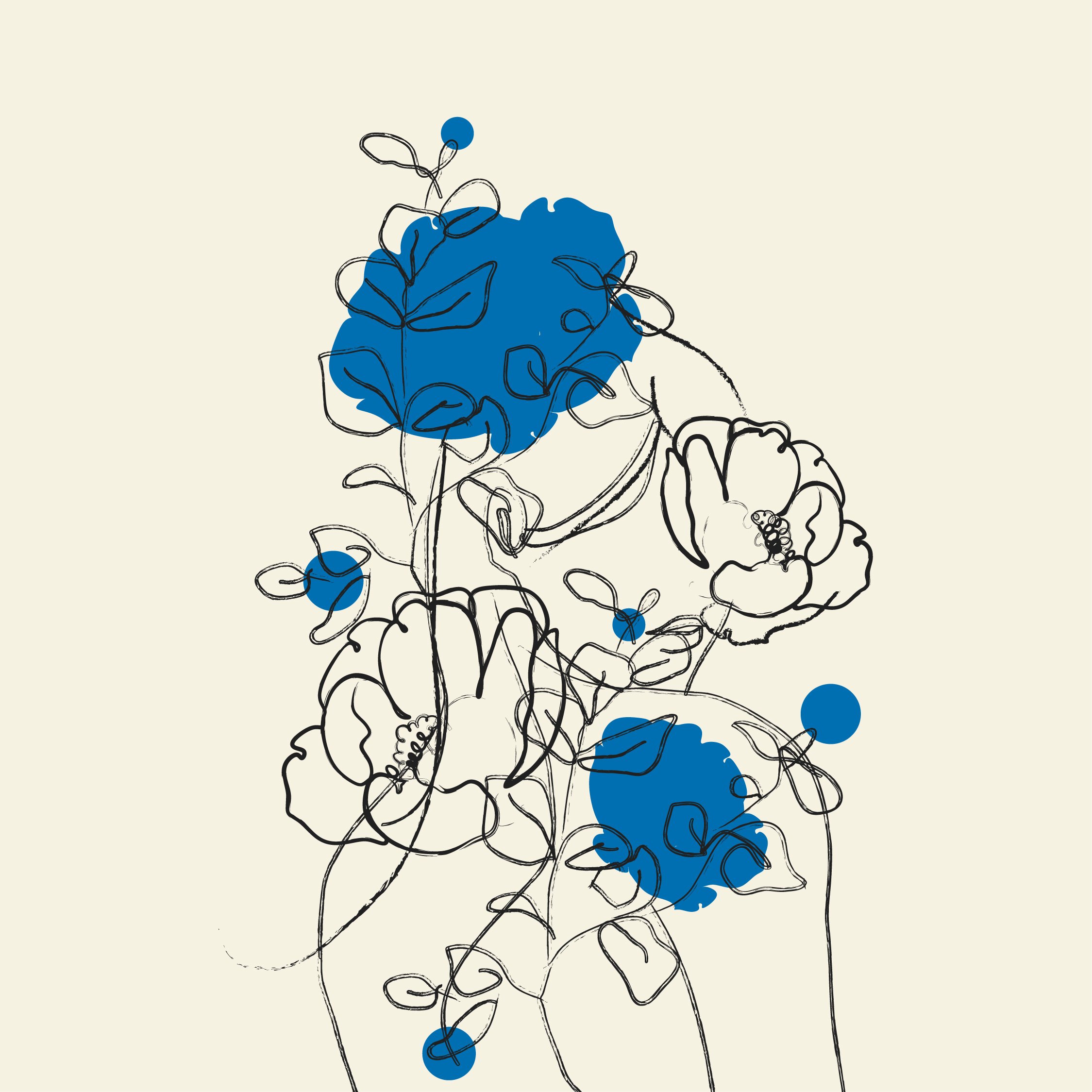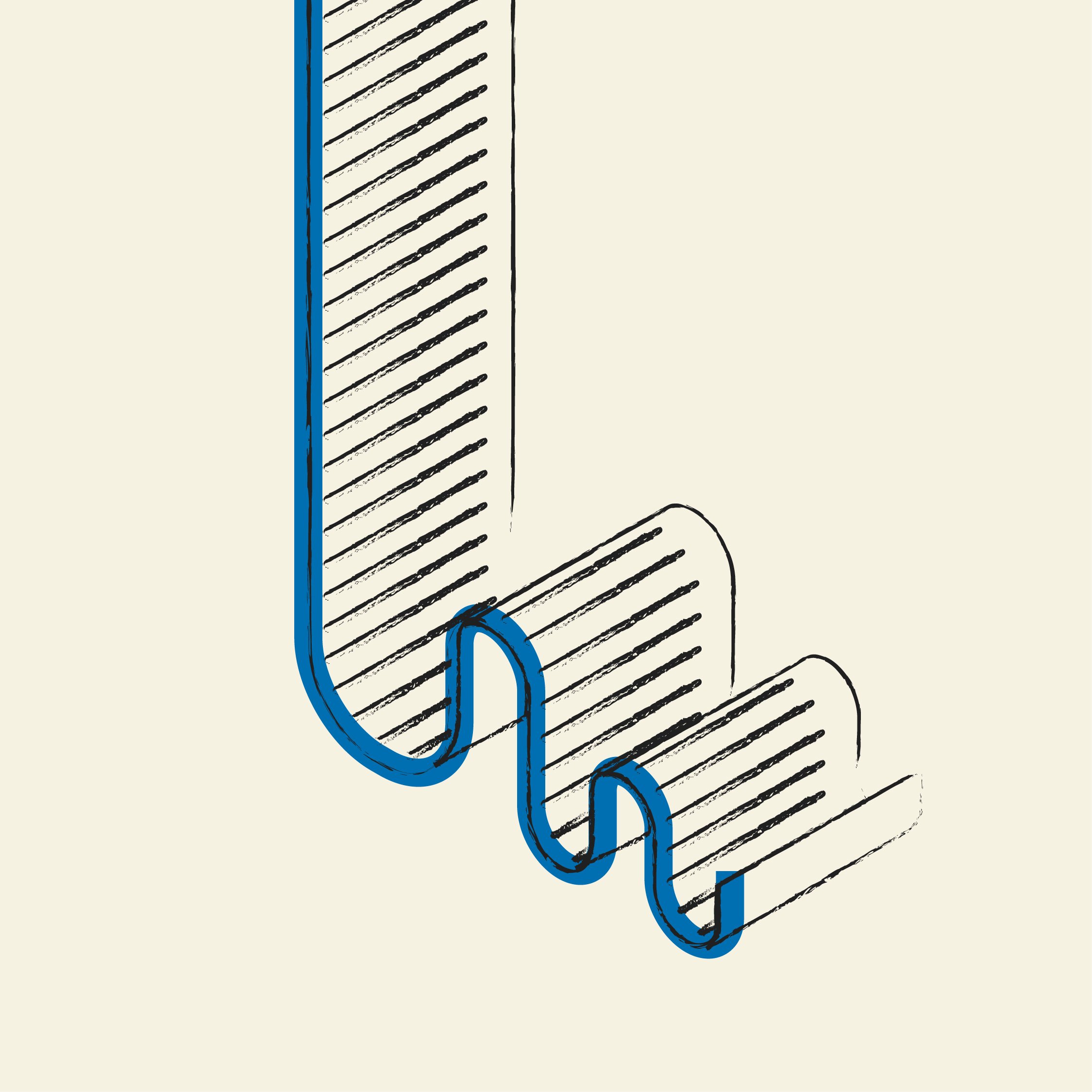Blue Light Hours
“In the movie of my life in America, the one my mother liked to watch, a young woman sits alone in her bedroom and calls her mother each night on a computer.”
OCTOBER 3, 2024
Soon I discovered the Commons building was always open, with computers and a printer anyone could use and an old wooden phone booth with folding glass doors tucked in one corner. I grabbed the receiver and was surprised to hear that it worked, the tone insistent and loud, ready to be connected to a voice. A sign taped to the wall read: FREE! And then in smaller type, NO INTERNATIONAL CALLS, PLEASE. I placed the receiver back on its hook. Through the glass, I saw the little wooden cubbies used as mailboxes, no doors, everyone’s papers and packages untouched in their slots, proof this was a trusting and open kind of place.
A few days later, I discovered the twenty-four-hour room at the library, another room that was always open and didn’t seem to require a key. I started writing all my papers there, after everyone had already gone to bed, and watched sunrise after sunrise through its big windows facing the mountains. Safia and a few of the other international students would spend some nights there with me, sipping tea from the hot drinks station by the door and typing for hours, then getting distracted and talking about our classes, crushes, weekend trips to New York, how we were navigating the college health plan, filing taxes as nonresident aliens, finding summer housing, writing appeals to the financial aid office, sending international wire transfers, if we were planning to go home and when.
Najwa, our friend from Palestine, liked to sit on the floor with her books and binders scattered all around her. One night, during our tea break, she told us, I thought traveling would be easier once I was at a fancy international school in Europe, that I’d feel like the world was small, that I could just hop on a flight and be back home. But in the four years I spent in the Netherlands, I didn’t manage to go back to Palestine once. Now my ten-year-old sister is fifteen, about to go study abroad somewhere in Canada and never go home either.
I stared into my green tea, wishing someone like Najwa had warned me about how hard it would be to leave, how hard to stay.
Safia said, When I was at my all-girls boarding school in Pakistan I cried every time I had to say goodbye to my roommates and go home. My parents got mad at me in the car. Stop crying, Safia, what’s wrong with you, why don’t you want to come home? I may or may not have been in love with one of the girls, she said, and we all laughed.
One night, in one sitting, I finished reading a Henry James novel, wrote a paper on Hans Christian Andersen’s fairy tales, and took a BuzzFeed quiz on which country I should live in, which apparently was the United States. Whatever you’re looking for, you’ll find it in America, it read.
We finished our homework and went to breakfast in the dining hall together, bleary-eyed and too tired to chat anymore. Safia liked to eat a bagel with cream cheese and a cup of milky black tea. Najwa liked to eat scrambled eggs with green tea. I ate my pancakes in silence, then filled my travel mug with coffee and my water bottle with bright blue Powerade from the soda fountain to help me get through the day.
Most nights, though, I sat in the library alone, just the mountains and the bookstacks and me. I turned off the fluorescent overhead lights and hunched under a green banker’s lamp. My favorite desk, a dark chestnut table with ornate legs, had a hand-crank pencil sharpener mounted on it, which I liked to turn even when I had no pencils to put in it, because it helped me think, as though putting my hands to work would make my brain work too. One night, in one sitting, I finished reading a Henry James novel, wrote a paper on Hans Christian Andersen’s fairy tales, and took a BuzzFeed quiz on which country I should live in, which apparently was the United States. Whatever you’re looking for, you’ll find it in America, it read.
In the middle of the night, I went into the empty mailroom and dropped off my paper in my professor’s mailbox, which put me in a celebratory mood. It didn’t seem so weird anymore that the mailroom was always open, that someone like me could finish their work at the library next door and run there to turn it in, a victory lap that couldn’t wait until the next morning. The campus looked beautiful and eerie at that hour. The moon was still high in the sky, leaves rustled in the crisp breeze, twigs snapped underfoot. I ran across the lawn, then down the dimly lit path to the milk carton, and I didn’t see a soul anywhere, except for a rabbit that leapt into the bushes when I slammed the Commons doors.
In my room, I turned on my desk lamp, put on my flannel pajamas, and called my mom. She answered on the second ring, flushed and surprised that I was calling so early in the morning.
What’s going on? she asked, a cup of coffee in hand. A sunbeam fell across her shoulders. She wore a light blue tank top I recognized from our life together, which she liked to sleep in on warm nights.
Nothing, I said. I just needed an early-morning break.
She smiled.
Good, she said. So no news?
Always the news with her, like our lives were made of headlines.
I teased her, joked that our computer screens were TVs and we were hosts and anchors on our own show.
The situation appears stable at the moment, I said. No further information has been released. How is it back in our studios?
Her video froze, then it moved again. She widened her eyes, cackled with laughter.
No, but really, she insisted. What else?
What else what?
What you’ve been up to. I want to know.
There isn’t much to tell, I said, shaking my head.
Tell me anyway. Soothe this old heart.
She moved closer to the camera, so I only saw half of her face, her reading glasses reflecting her screen with my face back to me.
I just got back from the library, I said. I finished writing a paper about fairy tales, about the Little Mermaid’s longing to live with people on earth. To me, that’s as exciting as it gets. I’m still high from it, from the excitement of thinking so much.
She raised an eyebrow.
Fine, don’t tell me anything, she said.
Sorry to disappoint, I said. But I don’t have anything more eventful to tell you.
My life is nothing like the news, I tried to explain, nothing like what you want to hear. I show up to class, do my work, turn the crank, day after day. You’re not missing anything, I’m not keeping anything from you. I swear all I do is sit around and read at the library, eat granola bars from the vending machine, and talk to people just like me.
She shook her head.
But that can’t be true, she said. You’re in America, where all the newsworthy things happen. You live in the movies now, she said.
I feel like this is a pretty bad movie.
What else was there to say? The rain streaked the windows. I found an ant on the windowsill, fast and alive, and I held it between my thumb and forefinger. Over breakfast, each of my friends talked about life in a different country, sometimes with nannies and two parents, and maybe we didn’t have much in common besides our shared foreignness. A boy seemed interesting one night in the library, in dim lighting, past our bedtimes, and I smiled too much and talked too fast, but then he said, I love your accent, I love how you say that word, and I never talked to him again. Nothing worth calling home about, believe me. It’s not news if it’s everyday life, I reasoned. As much as it surprised me, this was my life now.
And isn’t no news good news? No heart attacks, no deaths, no sick mother with her insomnia and migraines?
But what about actual good news? she asked. Can’t we have some of that?
Eventually I came up with a bit of news, something small, but just enough to excite her.
I bought an old bike, I told her. To ride to class.
You shouldn’t. It isn’t safe, she said. Remember when your father fell from one of those? You were four or five. Now he has to live without his big toe.
Fine, I’ll get rid of it, I said, and laughed, happy that she hadn’t changed at all.
While we laughed, I’d forgotten I lived with other students and I heard a soft knock on my bedroom door.
What was that? my mother asked, craning her neck to try and see beyond the frame.
I got up and opened the door while my mom waited inside the screen, unable to see what I looked like outside it.
I sat back down.
Who was that? she asked.
Just my friend Safia, asking if I was joining her for breakfast. But don’t worry, I’m not going. I’d rather stay with you.
No, I don’t mean at the door, she said. I mean you, you sounded different. I barely recognized your voice.
It’s true, you never get to hear me speak English.
You see, that’s something. That’s news to me.
I wanted to try living in a fun American movie for once. There were entire worlds on campus I didn’t really know yet: the greenhouse with plants behind glass year-round. The sauna with the PLEASE NO SEX sign. The gym with the climbing wall. The party scene that people waiting in line in the dining hall always seemed to be talking about.
If my mother watched this movie, she’d see a child who says goodbye to her mom and goes to play with the other children. They play and play and play and play. Then they get sick of playing. Could someone, anyone, please pick us up? We want to go home, they say at the end.
Kayla, my suitemate with the tapestry on the wall, knew all about the parties. One evening, I quickly put on tights and a dress and joined her in front of the bathroom’s big mirror, hoping something exciting would happen, something worth reporting. She brought out a makeup bag with dozens of little tubes, sticks, pencils, and pots. I took off my glasses and let her dab blush on my cheeks with her fingers, put concealer on a zit on my forehead, then apply mascara on my eyelashes. I put my glasses back on and stared at my new face, bright and pink, ready for my newsworthy life.
Kayla made fun of our neighbors for doing homework or calling boyfriends back home before bedtime at ten on a Thursday night, and I laughed with her, like I never called home if I didn’t have to. We headed to the colonial house down the street, white with a pretty fanlight over the front door. In the common room, they’d pushed the couches and the piano against the walls to make room for a dance floor. We tossed our coats on top of a pile of fur-lined parkas under the stairs. Kayla pulled a flask of whiskey out of her back pocket and we took turns sipping from it as we watched carefree people dance, surrounded by misplaced furniture.
Faces I recognized from class looked younger at night, lighter drinking beer from Solo cups than they seemed sipping coffee in the cold morning. Through the window, I saw a girl from my Victorian lit class puke into the snow. A group of white boys smoked weed by the door. Campus security drove by in their golf cart and pretended not to see us, though I tensed up and hid in the hallway with all the coats for a few moments, just in case. I knew the rules, as they had repeatedly told me: I had a visa status to maintain, and any academic or disciplinary issues could result in termination, expulsion, deportation. I wouldn’t be allowed back into the country, into the college, into my future. I closed my eyes and prayed I wouldn’t get in trouble. When I opened them again, Kayla was standing next to me. What are you doing? she asked, and laughed. She passed me her flask and I took a big gulp. Then I took another one for good measure and it went right to my head. Suddenly none of my fears seemed to matter anymore. I handed the flask back to her and felt grateful she was there with me, keeping me company and giving me liquor, making sure neither of us were alone. Back in the big room, people danced with their hands up. At the front door, Safia and Najwa appeared together, scanning the room, and I shouted their names. They ran to me and we hugged, tighter than I expected, glad to have found each other in the crowd, to have found each other all the way in America.
Kayla’s favorite song came on and she jumped up and down, swinging her arms and mine, then pulling Safia and Najwa into a circle that got bigger and bigger as more people joined. Lady Gaga sang about how it doesn’t matter if we’re Black, white, beige, chola, or Asian, and we swayed from side to side, pumped our fists, stomped our feet, until Kayla had to run outside to puke, and then we all took a water break. A group of classmates waved me over and I danced with them to songs they knew and liked but I didn’t, though I pretended I did, copying their movements. We don’t need keys to get into the party, one of the songs said, and that made me smile, though I didn’t always agree. We knowingly sang to each other about how young and bored we are. We drank some more. We screamed into each other’s ears. The windows got steamy. A smart boy from my philosophy class said something I couldn’t hear but that I trusted was funny and kind. I nodded and laughed. I stood too close to him to try to hear him better. I tried to read his lips. He kissed me during a slow song and he tasted like smoke. I looked into his eyes to see what he saw in me and they were blank.
I looked for news from home, little tragedies in common for us to talk about. A fire here, a robbery there. Across hemispheres and continents and languages, we studied the same articles, mourned the same deaths.
In the morning, we all looked ten years older. My legs were heavy and my head hurt. The zit on my forehead had grown bigger, angrier, and the mascara smudges under my eyes resisted coming off with soap. Safia texted me to say she was skipping breakfast. Kayla gave me a subtle nod when I passed her in the common room, her greasy hair under a beanie. A classmate’s serious face looked pinched as he talked about Yeats. The girl who had puked on the street apologized when she was late to class and sat down without making eye contact. The boy who’d kissed me ducked into a bathroom when he saw me in the hallway. No one smiled, no one talked to me, I talked to no one. I took two aspirins from my mom’s first aid kit, drank my coffee, and texted her about chatting that night. I had no other plans.
If my mother watched this movie, she’d see a child who says goodbye to her mom and goes to play with the other children. They play and play and play and play. Then they get sick of playing. Could someone, anyone, please pick us up? We want to go home, they say at the end.
✺
During our call that night, I told my mom I’d been studying up on American cultural references. I’ve been listening to the songs from the party. Now I can sing to Katy Perry, Kesha, Beyoncé. I’ve been watching their movies. I’ve been learning their books. I’ve been playing their games. I’m getting good at it. Soon I would be just like them.
She nodded, her eyes and forehead taking up the entire screen.
She said, I sometimes have these dreams where I somehow know you’re scared, then I wake up hoping you’re safe and doing what makes you happy. Is this what makes you happy?
✺
At the library, sitting at a little desk hidden in the literature section, I revisited my old life in preparation for our talks. I looked for news from home, little tragedies in common for us to talk about. A fire here, a robbery there. Across hemispheres and continents and languages, we studied the same articles, mourned the same deaths.
One article from the local paper in my hometown described landslides, entire hills disappearing into a highway. In another, the ocean destroyed the boardwalk, made the town even smaller. A tree I once sat under was swallowed whole. My favorite bench at the beach, a lovely reading spot in the shade, was underwater.
I saw on Facebook that my cousin Marlena met a new man, went on vacation, took up salsa dancing. People I knew in high school now looked older than me, posing with their growing families, their kids already reaching their knees, their photos next to targeted ads for a depression clinical trial, Western Union, an online business degree. My father shared a video of Elis Regina singing an old bossa nova song and I was surprised to see him posting there, the way I was always surprised when he bothered to appear in my life at all. My mom posted a picture of Grandma standing in a garden, smiling at a flower, and wearing a crochet bucket hat, taken right before she died a year ago. So that’s where Grandma went after death: to live on the internet.
My right eye started to twitch from staring at the computer screen for too long. On my break, I took my things from the little desk to the big desk with the pencil sharpener. I stared at the mountains through the large windows, then at students walking across the lawn in the distance. Everyone looked tiny, moving quickly from building to building in the cold, arms folded over their chests. Grandma continued to glow on my computer, white curls and white hat, looking down on me from online eternity.
That night, my mother asked me if I’d seen Cousin Marlena’s pictures, if I’d read about the landslides, if I’d seen that photo of Grandma.
Yes, I have, I told her.
Then she described all of them to me anyway, each image, each headline, even though I already knew what she would say.
And how’s life? How’s work? What am I missing over there? She asked night after night.
I kept her up-to-date on who was fighting with whom, and I knew she appreciated it. My neighbors were in the middle of thermostat wars, my professors told me I was the only one who came to office hours, Kayla was drinking too much, Safia had taken up smoking to try to boost her social life, though I didn’t think it was working.
In turn, my mother updated me on the latest tragedies in her soap operas. Helena fell in love with her boss, an airplane from Malaysia disappeared in the air, a student stabbed a teacher at a public school in Recife, a residential tower built on beach sand collapsed in Brasília. A girl was kidnapped. A man lost custody of his son, then shot the child, then shot himself.
She said, Look at this mayhem.
We sent each other virtual hugs, blew each other kisses, smeared our computer screens reaching for each other.
In the movie of my life in America, the one my mother liked to watch, a young woman sits alone in her bedroom and calls her mother each night on a computer. I’m coming for you, Mom, she says over the machine. Here’s something to keep you busy in the meantime. Here’s something to remember me by.
✺
In bed, I thought of my life on the computer, the emails I had yet to send, the papers I had yet to write. I watched the shadow of a tree branch lightly move across my bedroom floor. I tossed and turned, fluffed and refluffed my pillow, couldn’t keep my eyes closed. My right eye still twitched. I put a hand on it and felt it flutter. Outside my window, a group of seniors smoked under the leafless tree, their cigarettes burning between their fingers, their faint chatter like white noise that somehow failed to lull me to sleep.
When I blinked in the dark, an image of my mother came to me: how she used to stand by my bedroom door when she couldn’t sleep, the living room lights shining behind her as she looked into the dark.
Are you awake? she whispered.
I stirred in bed, but never actually answered her question, her voice ushering me into even deeper sleep.
✺
I gave my mother long descriptions of the weather. Wispy clouds, hail hitting the windows like scattered applause, biting wind whistling through an already beloved dead tree.
No other news, I told her. Same old, same old. Just papers, nights spent at that same desk.
You work too much, she said.
We sang the little song we had made up for the intro vignette, took commercial breaks to refill our water glasses and pee, played our parts on our little news show.
That night’s forecast: warmer temperatures leading to clear skies, light winds.
Excerpted from Blue Light Hours (Grove Atlantic, October 15, 2024).




